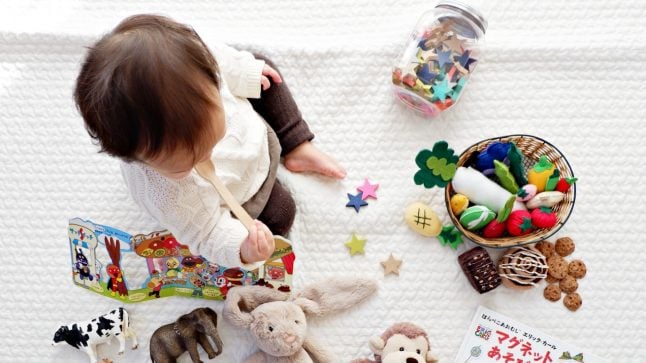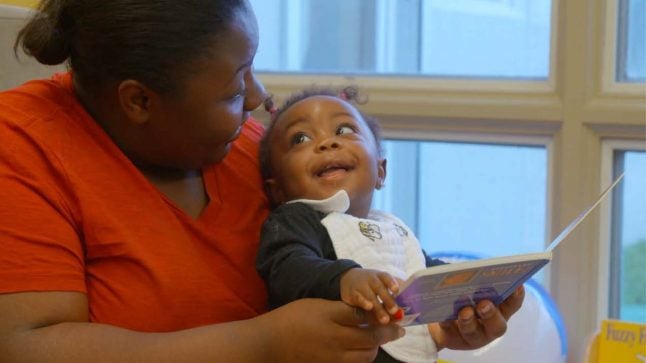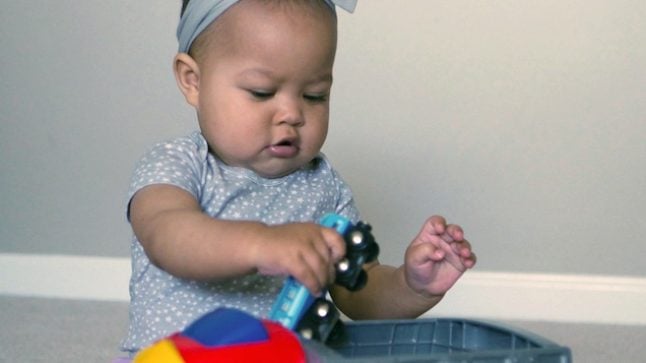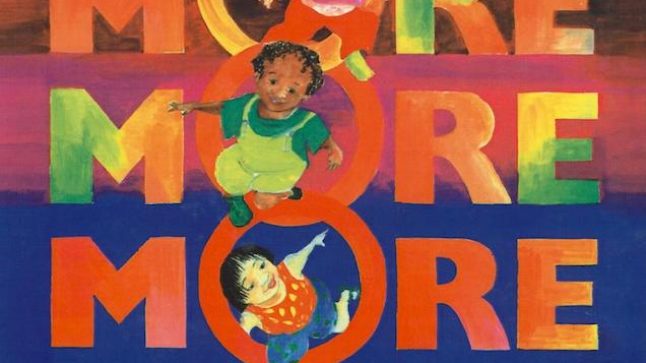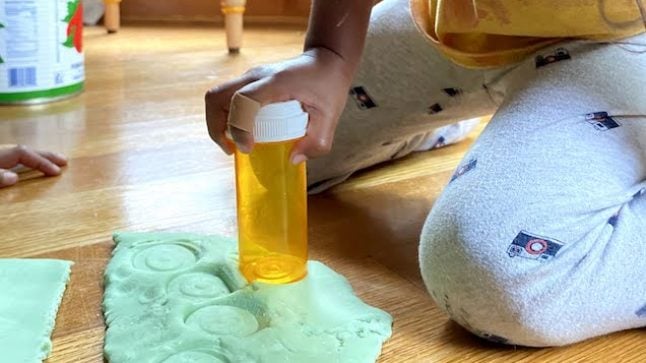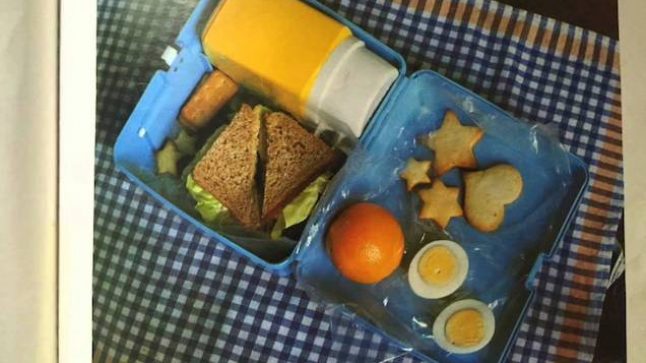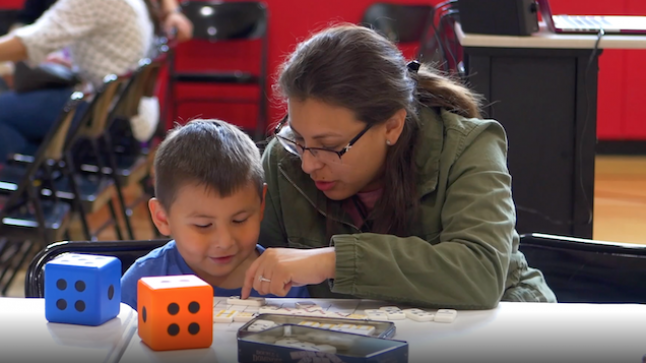Math for Toddlers
Series: Focus on the Child
Noticing Same and Different: The Concept of Comparison with Infants and Toddlers
July 19, 2022
“More” is often one of children’s first words. Infants attend to differences, though they don’t yet discriminate between "more" as quantity or magnitude/size or intensity of sensation. Toddlers are beginning to differentiate between attributes and…
- Topic: Number Sense
- Age/Grade Level: Infants, Toddlers
- Tags Comparing
Series: Focus on the Child March 10, 2022
The CAIR Principle to Tune into Math for Babies and Toddlers
We all know that babies aren’t born walking, talking, following directions, counting, or measuring size. But they do enter the world hard-wired with instincts that will mature and develop into those skills in the preschool…
- Topic: Precursor Concepts
- Age/Grade Level: Infants, Toddlers
Series: About the Collaborative December 8, 2021
Groundbreaking Book Explains the Beginning of Math Concepts for Infants and Toddlers
Released in 2021 by Teachers College Press, this book extends professional knowledge for mathematics teaching to teachers who work with the very youngest learners.
- Topic: Precursor Concepts
- Age/Grade Level: Infants, Toddlers
Series: Focus on the Child September 22, 2021
Math Activities for Infants and Toddlers are Everyday Explorations
Long before they can talk or explain, babies are thinking logically and exploring ordinary everyday objects, sensations, and experiences that are new to them. Encouraging and celebrating their explorations and discoveries is a highly effective…
- Topic: Precursor Concepts
- Age/Grade Level: Infants, Toddlers
- Tags Family Math
Series: About Early Math December 27, 2020
Early Childhood Teachers Look Back on a Year Like No Other
The Collaborative interviewed three Chicago-area early childhood teachers who spoke honestly about the challenges and rewards of teaching during the pandemic.
Series: Book Ideas November 11, 2020
Best Books for Toddlers to Spark More Talk about More and Less
It’s easy to turn reading books with toddlers into conversations about the math that is all around us. The idea of more and less comes into all kinds of books and finger plays toddlers love—including…
- Topic: Precursor Concepts
- Age/Grade Level: Toddlers
- Tags Family Math
Series: Ideas at Work October 14, 2020
Chores for Kids Can Help Them Find Math Around the House
With young children at home, there’s always cleaning to be done. So why not include them in completing the chores? Chores can engage everyone in the household in a little “math all around us” problem-solving.
- Topic: Precursor Concepts, Spatial Relationships
- Age/Grade Level: Infants, Toddlers, Pre-K, Kindergarten
- Tags Family Math
Series: Ideas at Work September 11, 2020
Homemade Playdough Recipe for Shape Fun
Stamping or imprinting with a homemade playdough recipe using everyday household items is an active way for children to explore the big ideas of shape.
- Topic: Precursor Concepts, Shape
- Age/Grade Level: Infants, Toddlers, Pre-K, Kindergarten, 1st Grade
- Tags Family Math
Series: Book Ideas July 29, 2019
Different Types of Shapes and Nonexamples to Spark Geometric Learning
It’s up to us to find, share, and talk about a variety of shapes with children in ways that expand their understanding and build connections between the shapes drawn on paper and the concrete objects…
- Topic: Precursor Concepts, Shape
- Age/Grade Level: Infants, Toddlers, Pre-K, Kindergarten, 1st Grade
- Tags Tana Hoban, Attribute, Shapes Shapes Shapes, Now What? A Math Tale, Robie H. Harris
Series: Focus on Collaboration June 19, 2019
School Event Engages Families in Early Math Learning
Families play a fundamental role in shaping children's interest and skills in math. Schools can help connect the math that exists both in and out of school and nurture families' positive relationship to math.
- Age/Grade Level: Infants, Toddlers, Pre-K, Kindergarten, 1st Grade, 2nd Grade, 3rd Grade
- Tags Games, Family Math
Do the math.
Free videos.
Free newsletter packed with ideas.
Free professional learning modules.
